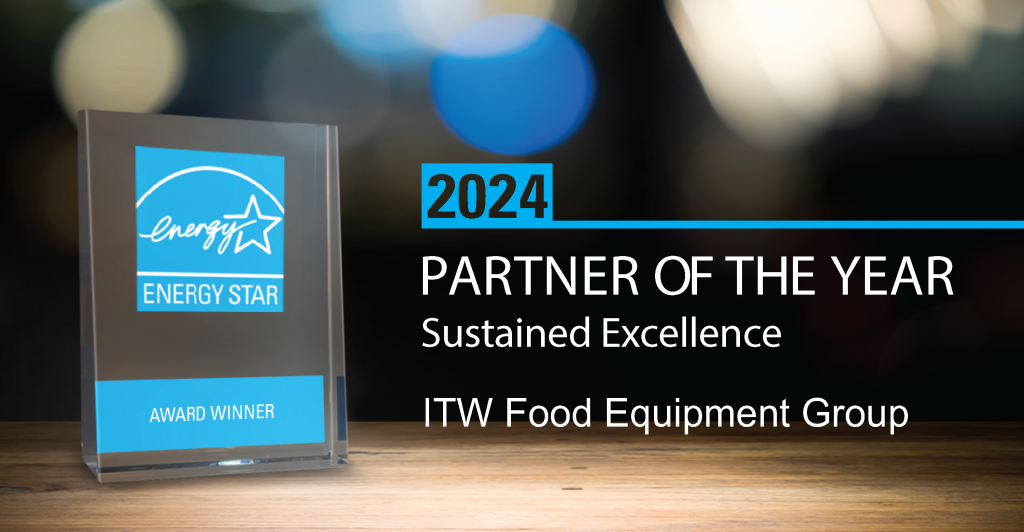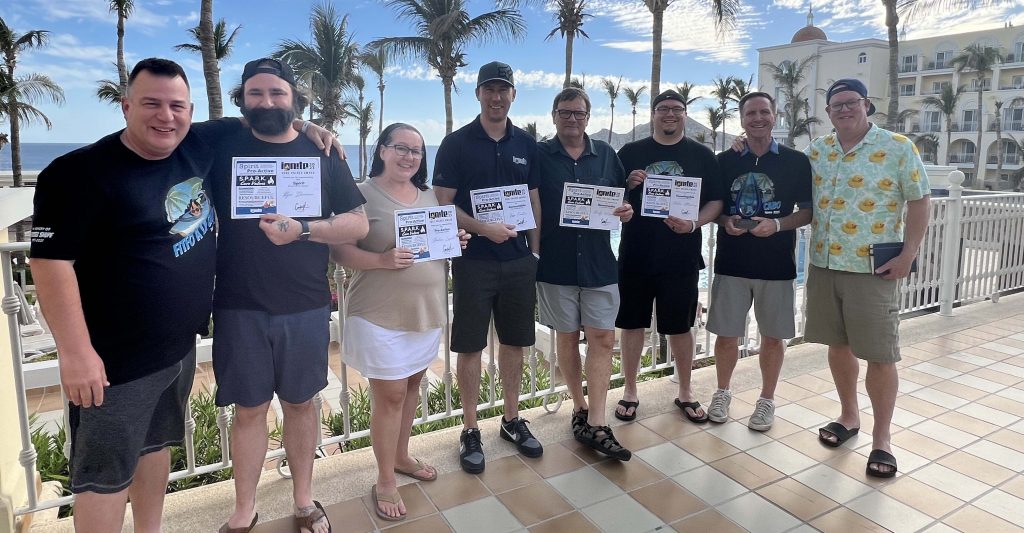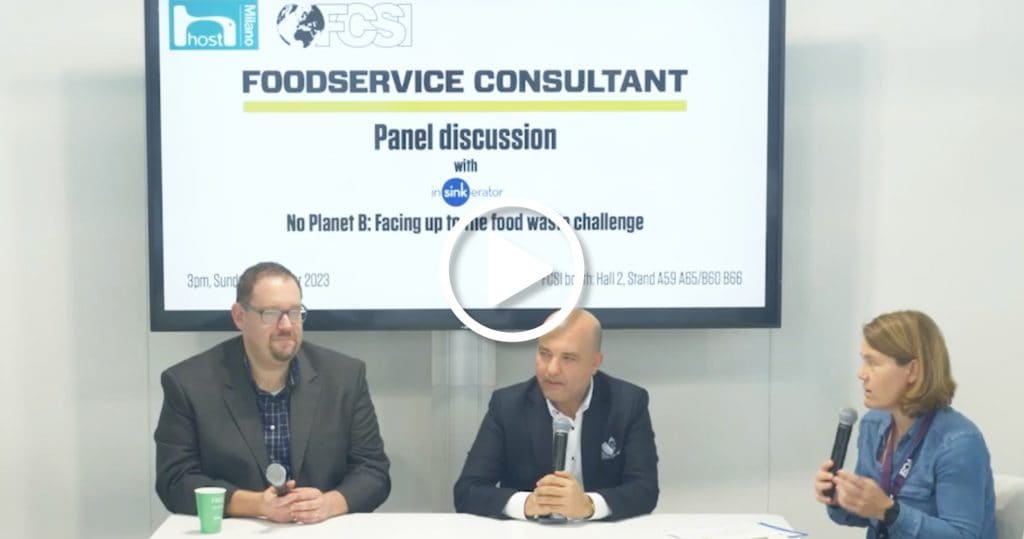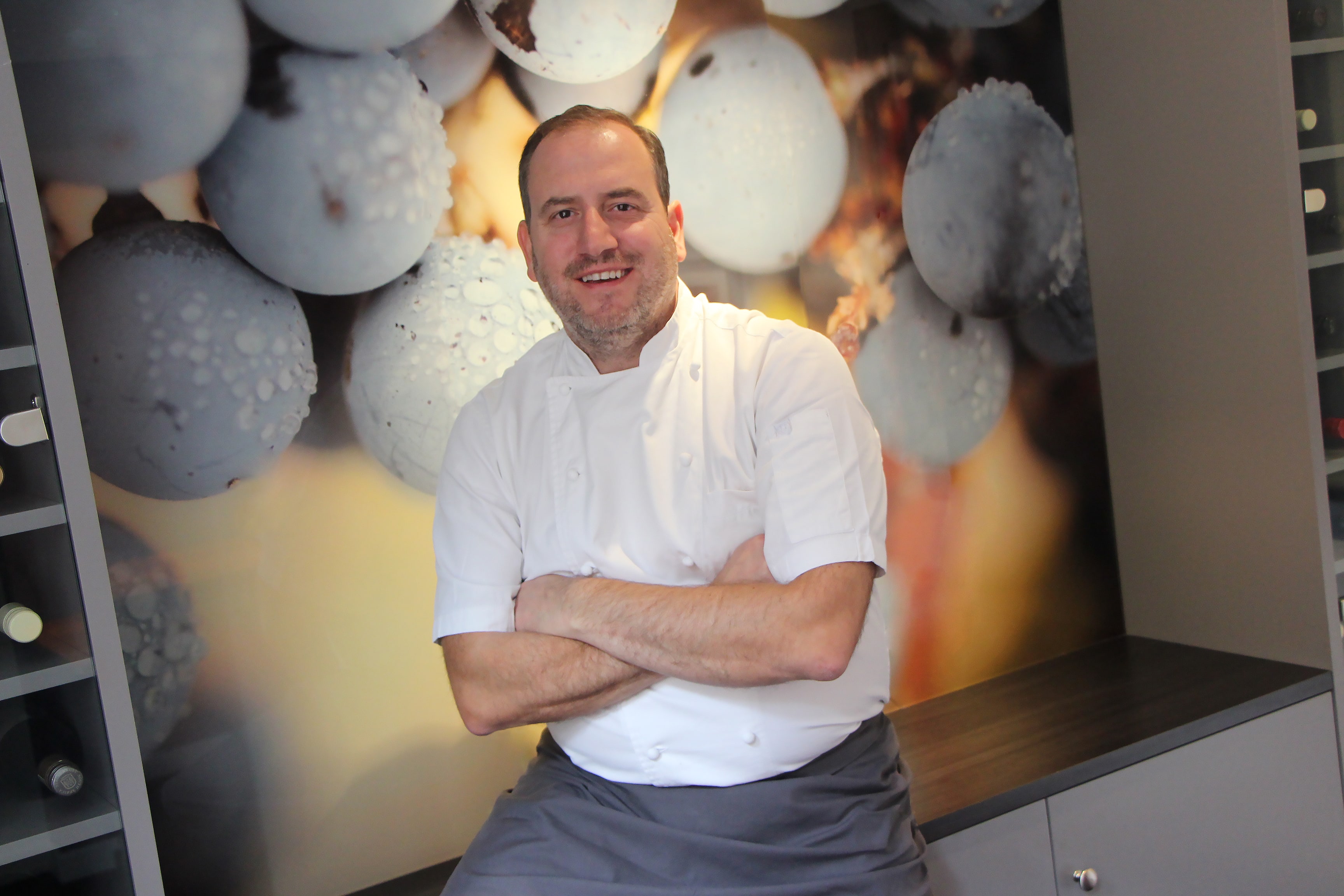
The founder of UK social enterprise Beyond Food tells Tina Nielsen about working with homeless people in the kitchen of Brigade, a London restaurant established to help combat the problem of homlessness in the British capital. The charity and the restaurant are the result of a unique partnership between Boyle’s organisation, accountancy firm PwC and hospitality provider BaxterStorey.
What is your background?
I am a chef. After school I got the opportunity to join the Royal Academy of Culinary Arts and I did my apprenticeship at the Savoy in London. After that I went to Chewton Glen where I polished my cooking skills before I went on to do a number of different jobs. I knew I wanted to start my own operation so went to get many different experiences. This took me to banqueting services, cruise liners and working as the private chef to a Saudi prince before I eventually came back to the UK to join Unilever where I headed up the culinary department of chefs.
How big a problem is homelessness in London?
It is worse today than when I started. In the last ten years it has increased by 169% and in the last 12 months alone it is up by 12%. You would have thought that after nine years of doing this we would no longer be needed, but it is just not the case.
How important are successful partnerships in your business?
Absolutely crucial. You create partnerships to be better, so you do what you are good at and then you go and find someon
e else who is good at what they do to fill in the gaps. Not enough people do that in business. At the start of the project PwC owned this building, where Brigade is based, and they wanted to do something social but didn’t know what. I knew
exactly what I wanted to do. The building was derelict and I came in at the right time when they were talking about redevelopment. BaxterStorey came in later on and they were engaged with the social side as well as wanting to make it a viable business. It is a great partnership.
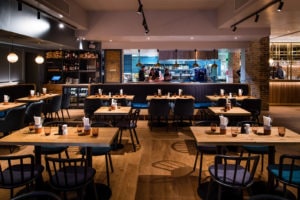
What are the challenges in working with homeless people?
There are all manner of challenges but it is very rewarding – we have a kitchen full of people who were very vulnerable and chaotic and are now in the kitchen cooking amazing food and learning new techniques. The hospitality industry is rife with mental health problems but the difference is that these guys are really supported and we do everything we can to help them.
How do you see the place of social enterprise in the foodservice world?
Social enterprise in food is getting bigger. Every single brand out there has to have a community thread in its story, this is not corporate social responsibility (CSR). Everyone should just do the right thing; McDonald’s buying its straws in a responsible way should be a given, not an extra.
People want to buy socially – if you have two restaurants, both serving the same food but one of them has a social objective that is where people will go.
How do you work with equipment manufacturers?
We have lots of partnerships with manufacturers who give us equipment to put in our kitchen. But it is not about taking free things, this is a partnership and the partners bring their own clients here to show how we use their ovens. We have a great story and they can take that for their brand, which will do well out of it.
What is the secret to making a social enterprise work?
Getting the right people on board. So many charities don’t make a profit because they are too focused on the social side. I would probably have fallen in to that group, but I have the right partnerships in place.
Tina Nielsen
A full profile story of the Beyond Food initiative will appear in the Q1 2019 EAME print edition of Foodservice Consultant

